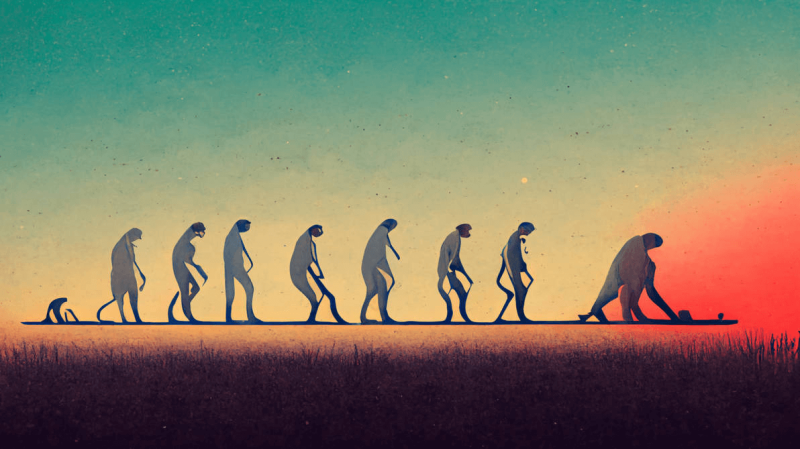Evolution has led humans into a dark corner, according to a new study. We bonded into groups to solve local problems. Sometimes we shared our solutions with neighboring groups, and they shared theirs with us. The spread of knowledge was a good thing. Culture led to cooperation.
But the scale and impact of human groups has kept growing, and the finite resources of Earth have not. Competition for resources has escalated, and global governance doesn’t appear to be in our nature. The authors’ conclusion is not a hopeful one: “Ours is a bleak reading of the possibilities of the future of environmental management and human evolution on Earth.”
…
Even though the cooperation dynamics do not look good, the fact is that humans come preloaded genetically and culturally with the willingness to go in on risky endeavors with groups of people and to cooperate with them even when the outcome is unknown. We do that again and again. We’re also pretty intelligent. But we have to solve this on the first go, and usually it takes us multiple tries to solve big environmental problems.































